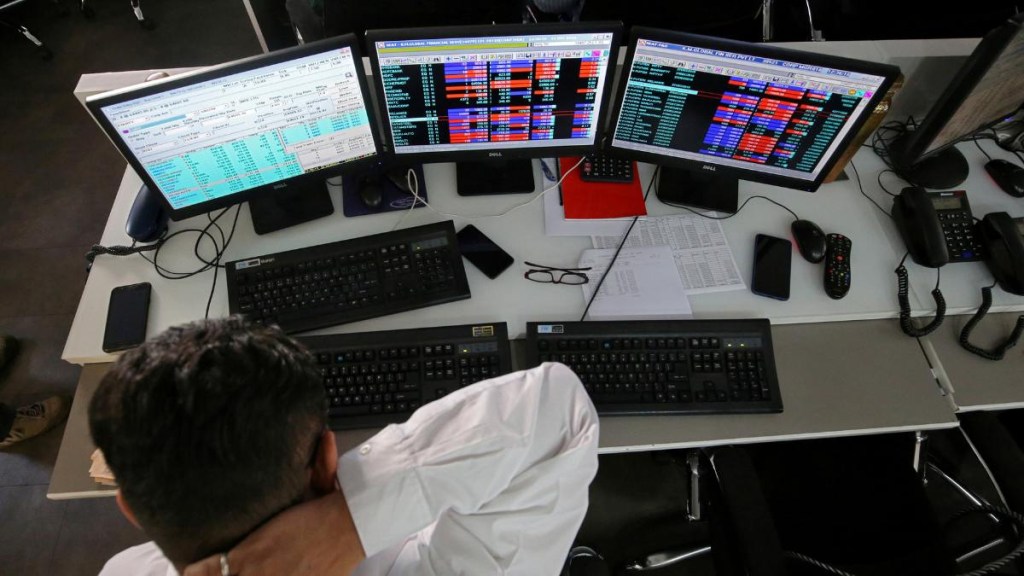Foreign institutional investors (FII) purchased shares worth net Rs 71.91 crore, while domestic institutional investors (DII) added shares worth net Rs 2,360.81 crore on November 29, 2023, according to the provisional data available on the NSE.
For the month till November 29, 2023, FIIs sold shares worth net Rs 2,352.80 crore while DIIs bought shares worth net Rs 13,542.46 crore. In the month of October, FIIs offloaded shares worth net Rs 29,056.61 crore while DIIs added equities worth a net Rs 25,105.86 crore.
“Market optimism was fuelled by better-than-expected US consumer confidence data and dovish comments from US Fed official Christopher Waller, suggesting rate cut in 2024. Further, upgrade in India’s GDP growth forecast by global rating agency S&P to 6.4% for FY24 and FIIs turning net buyers from the last four trading session boosted the sentiments. All these factors led BSE-listed companies to reach Rs 33,300 crore market-cap. We expect the market momentum to sustain over the next few days. However, several important events including India GDP, monthly F&O expiry, state election exit polls and OPEC+ meeting on Thursday could induce some volatility over the last 2 days,” said Siddhartha Khemka, Head – Retail Research, Motilal Oswal Financial Services.
Foreign institutional investors (FII) or Foreign portfolio investors (FPI) are those who invest in the financial assets of a country while not being part of it. On the other hand, domestic institutional investors (DII), as the name suggests, invest in the country they’re living in. Political and economic trends impact the investment decisions of both FIIs and DIIs. Additionally, both types of investors – foreign institutional investors (FIIs) and domestic institutional investors (DIIs) – can impact the economy’s net investment flows.

